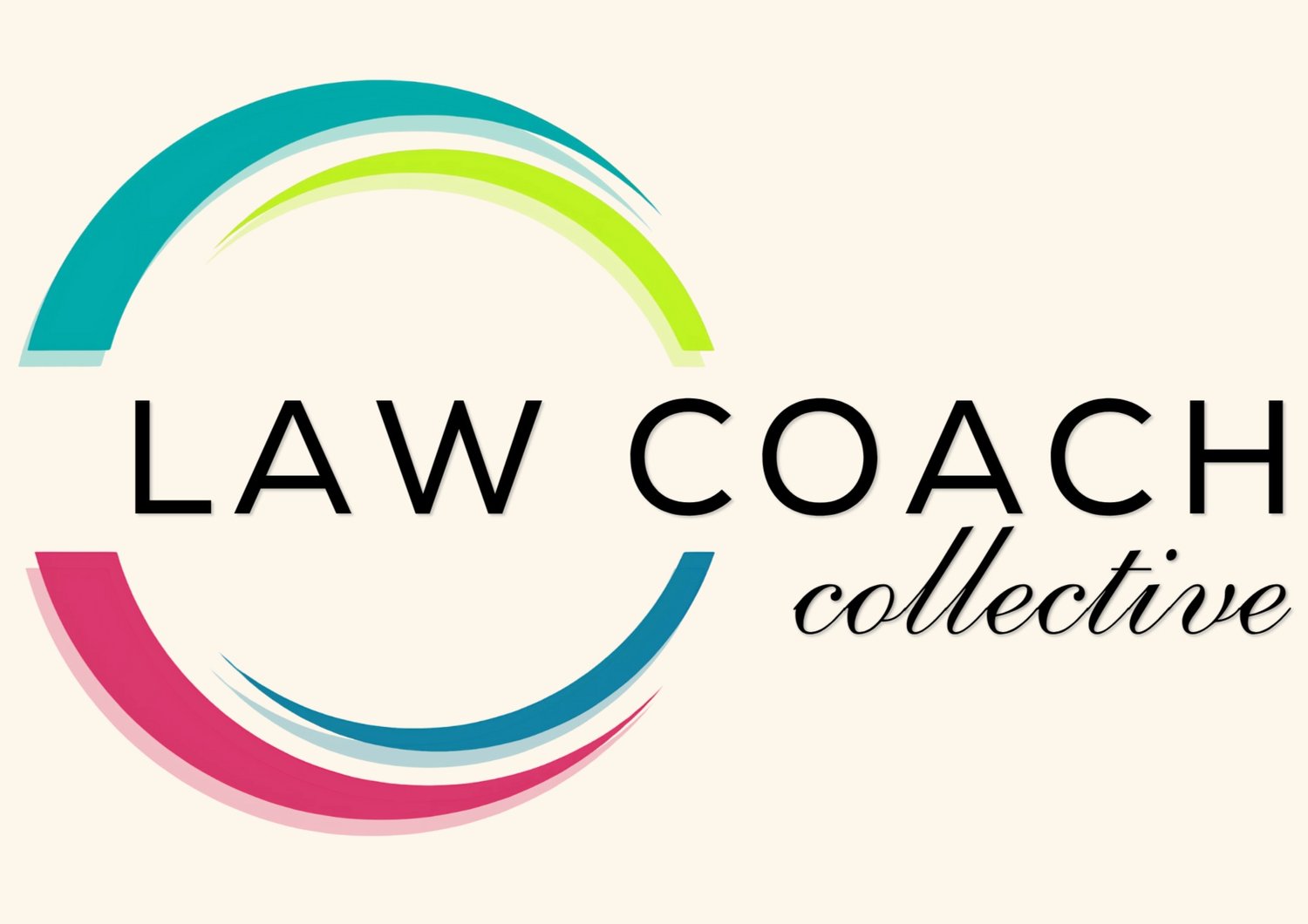The Lawyer of 2030: Why AI Makes Human Skills More Valuable
By The Law Coach Collective
AI in Law Today
AI is no longer a futuristic concept for lawyers, it’s here. Tools are already streamlining legal research, contract drafting and document review, saving lawyers hours each week. In both the UK and UAE, even small and mid-sized firms are beginning to adopt AI to speed up routine work.
Crucially, this reshapes the roles of lawyers. AI is taking care of the lower-value, repetitive tasks, which frees lawyers to focus on higher-value work – advising clients, developing strategy and building relationships.
By 2030, the lawyer’s day will look very different. Legal knowledge will remain essential, but it will be the baseline. What will set lawyers apart are the human and strategic skills AI cannot replicate.
From Legal Technician to Trusted Advisor
AI changes the lawyer’s value proposition. It is suggested that clients won’t just pay for documents or hours worked – they will expect insights, judgment and trusted counsel. This elevates lawyers into more strategic, client-facing roles.
A lawyer of the future won’t just be a legal expert. They’ll need to act as:
A communicator: able to explain complexity clearly, negotiate persuasively and build authentic relationships.
A strategist: understanding not just the law, but also their client’s industry, risks and opportunities.
A trusted partner: someone clients turn to for guidance on the bigger picture, not just the technical details.
The future lawyer blends legal expertise with broader business awareness and people skills.
The Skills AI Cannot Replace
We, at the Law Coach Collective believe, several human skills stand out as critical for the next decade:
Emotional Intelligence (EQ): AI can analyse facts, but it cannot empathise or build trust. Lawyers with high EQ will read situations, manage conflict and reassure clients in moments of pressure.
Communication and Relationship-Building: Clear communication, advocacy and rapport are what turns legal knowledge into client confidence. These will remain core to legal practice, even as technology takes over routine drafting.
Commercial Awareness and Strategic Insight: Lawyers must understand the wider business and economic context. By 2030, clients will expect advice that considers market shifts, regulation and global trends – not just the law in isolation.
Adaptability and Continuous Learning: Technology and regulation will keep evolving. The most successful lawyers will be those who stay curious, flexible and ready to learn new tools and perspectives.
In short, the lawyer of 2030 will be defined not only by their ability to use AI, but by their ability to be more human, more relational and more strategic than ever before.
Preparing Today for Tomorrow
This shift is already underway. It is suggested that Law schools are beginning to introduce training on technology and business skills alongside core legal modules. Forward-thinking firms are investing in professional coaching development that builds communication, leadership and adaptability.
But preparation cannot wait until 2030. Firms that encourage their lawyers to develop these skills now will be the ones that thrive as AI becomes a normal part of practice.
At the Law Coach Collective, this is exactly why we created The IMPLEMENT Framework™ – designed to support lawyers in developing the non-technical skills that future-proof careers and strengthen firms. Through coaching and workshops, we focus on the areas AI cannot cover: leadership, adaptability, culture, client engagement and strategic thinking.
It’s not about replacing technical development. It’s about complementing it – ensuring lawyers can step into the new advisory roles that clients will demand.
One Step Ahead of the Curve
So, what does the lawyer of 2030 look like? They are equipped with AI in one hand and empathy, strategy and communication in the other. They deliver legal solutions faster, but they also deliver deeper value through relationships, insight and judgment.
Firms that recognise this today have a clear advantage. AI will soon be everywhere; the differentiator will be the human lawyer who can do what technology cannot.
The real question is: are we developing those skills now, or waiting until it’s too late?
Is your firm developing the skills AI can’t replace – communication, strategy and emotional intelligence? Book a consultancy call with us and see how our The IMPLEMENT Framework™ can future-proof your team.
